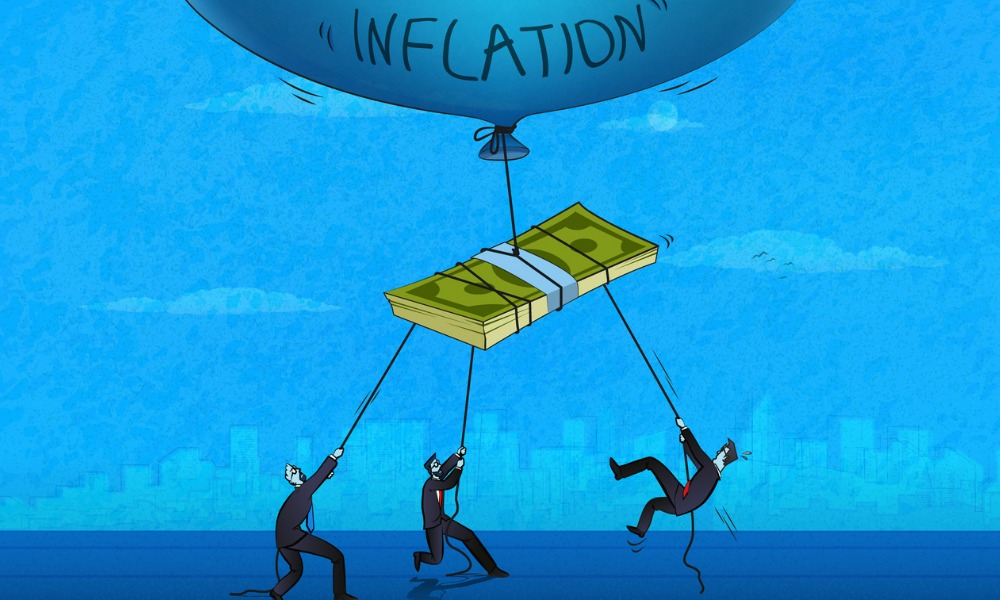An increase to 4.75% or 5% might be "more than enough," he says

Compared to other central banks around the world, which are taking a more cautious approach to their war with inflation, the Reserve Bank is hitting New Zealand’s economy harder and could be doing too much, Kiwibank’s chief economist said.
In its latest meeting, RBNZ hiked the OCR by a record 75 basis points and signalled more rises to come in the new year. In contrast, its counterparts in other countries were showing signs of easing their pace of tightening, including the Reserve Bank of Australia, which is set to announce its latest decision today but has already predicted a slower rate of increase.
Kiwibank’s Jarrod Kerr said RBNZ attacking inflation too hard will pose a risk to New Zealand, Stuff reported.
“That’s the question we’ll be asking ourselves next year,” Kerr said. “The central bank’s point of view is one that they have to get inflation down at whatever cost. I think that ‘whatever cost’ is coming through now. The traction they’ve had in their tightening so far is quite evident and I think they risk doing too much.
“I think that we are at a point now where we should be watching and seeing the impact that’s coming through,” he said. “A lot of Kiwi households find themselves in a situation where their interest rates are more than doubling. That’s going to come through in the data. I would be a lot more cautious if I was the Reserve Bank.”
Kerr said that while another OCR hike in February was “maybe” needed, a rise to 4.75% or 5% might be “more than enough” – instead of the 5.5% peak RBNZ was expecting.
“I think we might see the Reserve Bank go a step too far,” he said. “I think that we are at a point now where we should be watching and seeing the impact that’s coming. I think the central banks will win the war on inflation they have to they’ll just keep tightening until they do. I do think we are already seeing signs of inflationary pressure easing. Inflation would be a lot lower if we were talking this time next year.”
The projected track for interest rates has pushed the New Zealand dollar up, which according to Kerr, could be seen as good news.
“Although a higher Kiwi dollar makes our exports (including tourism) more expensive, our imports become cheaper,” he told Stuff. “Half of the 7% inflation experienced in New Zealand has come from offshore. The recent strength in the Kiwi dollar puts some downward pressure on imported inflation. And most of the forecast decline in inflation over the next year is expected to come through the tradables (imported inflation) side. We expect the strength in the Kiwi dollar to persist into next year. A run towards, and potentially through, US65c is likely. Other central banks are slowing their pace of monetary tightening, and the Reserve Bank will remain a standout for now.”
Is RBNZ taking it too far with the interest rate hikes? Share your view in the comments section below.



